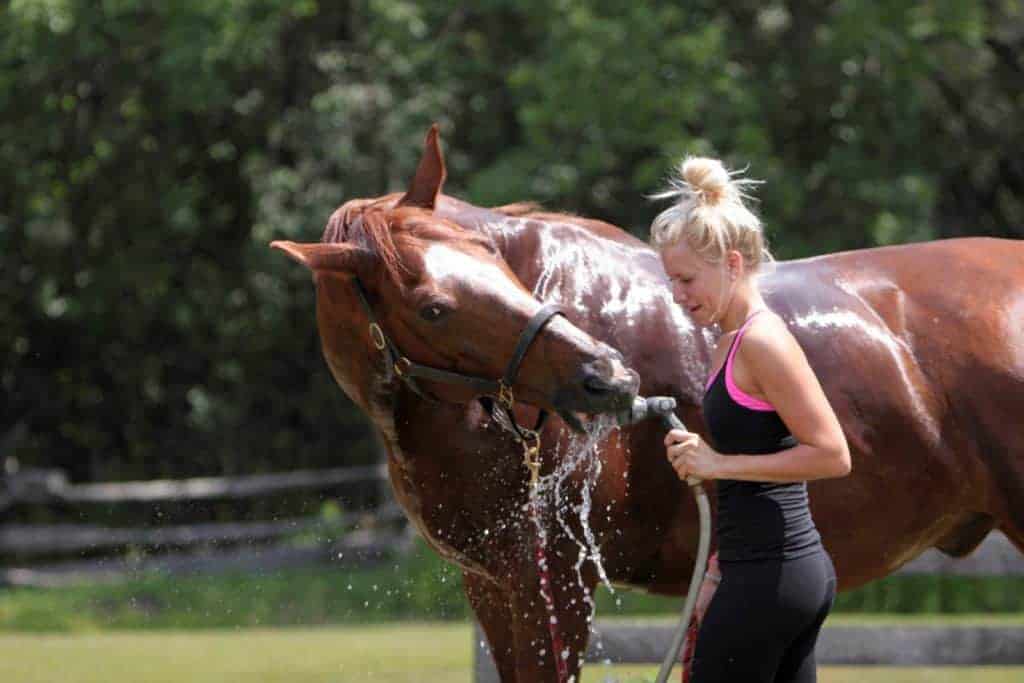
Winter Horse Barn Ventilation
One expert explains why closing your barn doors and windows during the winter might not be ideal for your horse’s health.

One expert explains why closing your barn doors and windows during the winter might not be ideal for your horse’s health.

The president of Technical Large Animal Emergency Rescue offers her tips for keeping your horses safer.

These practices will help minimize odors on your farm to keep you, your horses, and your neighbors healthy and happy.

You might need to make adjustments to keep your horse healthy and happy through the winter.

Learn how to keep your barn and other buildings safe during winter cold and snow.

Find out what might happen if your horse eats that wreath hanging on his stall door.

If you house your horses in a barn, keeping it well-ventilated is an essential part of their care.

Keep dust to a minimum in arenas, barns, and paddocks for both aesthetic and health reasons.

An adapted version of a machine used to evaluate soccer terrain might be useful for assessing riding arenas.

A veterinarian gives tips for creating your own equine facility with horse health in mind.

Consider these horse health- and safety-oriented design aspects when building or renovating your barn.

Find resources on using management strategies to keep your horses healthy during the week of Aug. 1 on TheHorse.com.

As tough as steamy summers can be on humans, they can be even harder on horses. Two veterinarians share tips on how to help your horse beat the heat this summer.

Find out why wasps might be more aggressive in late summer and how to deter them from moving in to your horse barn.

Dr. Steve Higgins of the University of Kentucky optimizes daily barn tasks for efficiency, cost savings, and environmental soundness.

Remember these three core biosecurity steps to help keep your horses as well as your fellow competitors’ horses healthy.
Stay on top of the most recent Horse Health news with
"*" indicates required fields